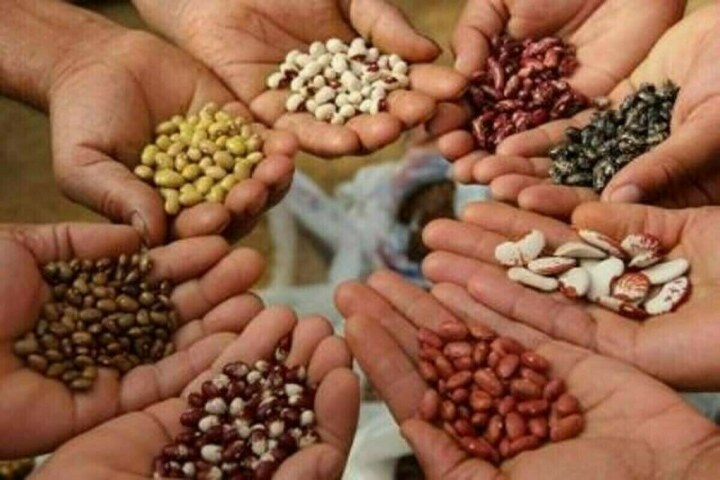LAHORE: Experts in the seed sector have urged farmers to choose only reputable companies that invest in research and development, producing high-quality seeds better suited to changing weather conditions, helping farmers achieve higher yields and minimise losses.
“Farmers in Pakistan, like many around the world, if they use seeds that lack proper genetic traits, can cause significant economic loss. Misleadingly, genetic seeds can lead to crop failure despite farmers invest heavily in fertilisers, irrigation, and labour. This reality underlines the importance of using certified, data-backed seeds from trusted R&D companies,” said the experts.
Cost of seed constitutes only 05 percent of the total production cost, especially in vegetable sector, but use of uncertified seed leads to losses of manifold.
This was the crux of a discussion arranged by the Agriculture Journalists Association (AJA), Lahore, where Gerard Eysink, Regional Head Vegetable Seeds Syngenta, Sohail Maqbool, country head vegetable seeds Pakistan and Muhammad Shoaib Manager seeds and trait regulatory spoke at length about the topic.
Gerard Eysink disclosed that his company spends 20 percent of its top-line sales on Research & Development (R&D). Seed quality goes far beyond price—it defines the success of a harvest. Hybrid seeds bred for firmness and shelf life can dramatically reduce post-harvest losses, increasing farmers’ returns. Companies with decades of data from local trials are encouraging farmers to use this information to select optimal varieties suited to their land and market needs.
Talking about Pakistan, he said that in Pakistan, the challenges of climate change, erratic weather patterns, and limited attention to the vegetable seed sector have opened new doors for international collaboration. While government’s focus traditionally leans towards major crops, there’s a growing realisation that vegetables are critical for food security. Encouragingly, the Pakistani government is actively engaging with international companies, signalling an openness to reform regulations and stimulate local production.
“We are encouraged by the Pakistan government’s supportive stance towards the seed business, particularly the introduction and approval of Plant Variety Protection (PVP) regulations. We believe these regulations will: facilitate the introduction of globally available hybrid seed germplasm in Pakistan, provide Pakistani farmers with access to advanced technologies, encourage investment and innovation in the seed sector,” Gerard appreciated.
Private seed companies already maintain a presence in Pakistan with offices, warehouses, and trial stations. By leveraging a global product portfolio, these companies can identify seed varieties tested in other regions that may thrive under Pakistani conditions, he explained.
While costs and challenges persist, especially with urban expansion and transport issues, there’s a visible shift. Farmers are becoming more data-driven and discerning, and governments are stepping up to address fake seeds and policy reform. With Pakistan prioritizing food security and welcoming global expertise, a new chapter is being written—one in which quality seeds play a central role in sustainable agriculture and national resilience.
Copyright Business Recorder, 2025


